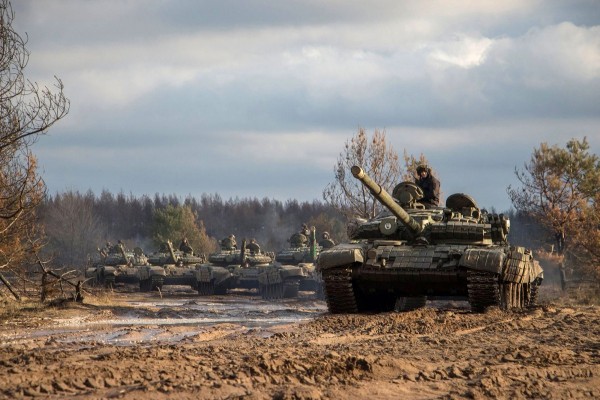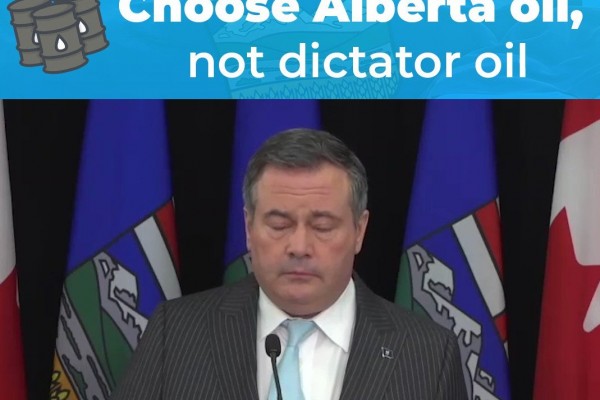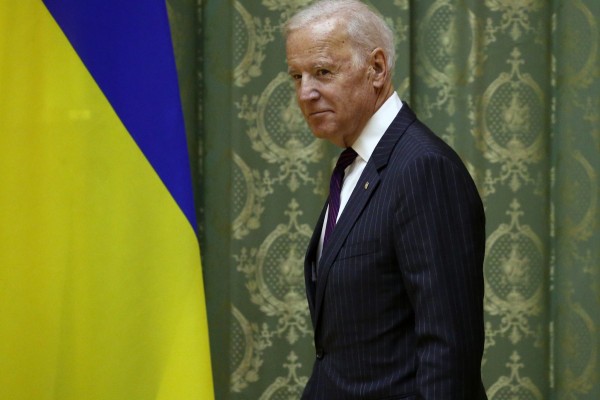-

The Ukraine invasion and the peace movement
Russia’s invasion of Ukraine should have been pretty straightforward at least on the surface. A large authoritarian nuclear power launches an all out assault on a vulnerable and militarily weak neighbour to recover its regional hegemony and eliminate any semblance of a political alternative. This should be a no brainer for peace activists, or so you would think. But that assumption has turned out to be wrong.
-

How Canada’s support for NATO expansion led to the Ukraine tragedy
While Moscow’s violation of international law must be unequivocally condemned, we also need to be honest about the origins of this crisis, the most significant conventional warfare operation in Europe since the Second World War. Doing so is not to downplay Putin’s clear act of aggression, but to understand the geopolitical realities at play.
-

Russia: From sanctions to slump?
Putin’s invasion of Ukraine is going to be costly for Russia and its people. Oxford Economics reckons it will knock at least one percentage point a year off Russia’s real GDP growth over the next few years. If that happens, the country will be in economic recession for several years. Whatever the case, once the war is over, Ukraine’s people will see little of the benefit.
-

The Russia-Ukraine War: Why the hawks prevailed
The European continent is entering a new era of social and political divisions comparable to those of the Cold War. The possibility of further escalation is now closer than ever. Instead of building an inclusive and just international order, Russia and most European nations will now rely mainly on nuclear weapons and military preparations for their security.
-

Against Putin’s imperial war in Ukraine
The members of LeftEast collective are aghast at the violent military aggression that has escalated into war in Ukraine. It threatens to cast our region into bloodshed of a scale that has not been seen in decades. We unequivocally condemn the Kremlin’s criminal invasion and call for the withdrawal of Russian troops back to the international border.
-

Jason Kenney making political hay out of tragedy? Why not?
“Professor” Kenney, beleaguered in the polls, facing a leadership review in April, and widely disliked right around the province, found it utterly impossible to refrain from bellying up to a lectern at a Red Deer presser and explaining the geo-political intricacies of a highly volatile, dynamic, and uncertain situation now emerging roughly a million miles from the premier’s own current problems.
-

NATO, Russia and Ukraine: False pretexts for war
Washington wants only one kind of development in Ukraine—similar to the one that it would like to impose on Russia—a neoliberal paradise that will allow Western capital complete freedom to do what it wants with Ukrainian land and resources. This will greatly intensify social inequality and have very negative consequences for most of the Ukrainian population.
-

Liberal messianism and the Ukraine crisis have turned Joe Biden into a Russia hawk
The Biden administration is likely to continue to obstruct a multilateral European settlement with a new place for Ukraine and Russia in the continent’s security system. The Kremlin will conclude that more “tensions” are needed for moving the US toward comprehensive negotiations on the European and international order. Crisis bargaining has become the order of the day.
-

No, Canada shouldn’t be arming Ukraine
Why would a progressive media outlet regurgitate talking points from the Conservative Party and hawkish media pundits about Canada arming the Ukrainian military? On January 31, The Tyee published an article echoing the call of former Conservative leader Erin O’Toole and many mainstream journalists for Canada to provide more weapons to Ukrainian forces in their standoff with Russia.
-

Pipeline politics and the Ukraine crisis
Amid escalating tensions between United States, NATO and Russia, all eyes are on Ukraine. Canada’s Deputy Prime Minister Chrystia Freeland describes it as “a struggle between democracy and authoritarianism.” But Nord Stream 2, a pipeline built to bring Russian gas under the Baltic Sea directly to Germany, is an integral part of the story.



